#Frederick Goodall
Explore tagged Tumblr posts
Text

"The Finding of Moses" by Frederick Goodall, 1885
88 notes
·
View notes
Text

Portrait of the Artist’s Wife, 1873, Frederick Goodall
126 notes
·
View notes
Text
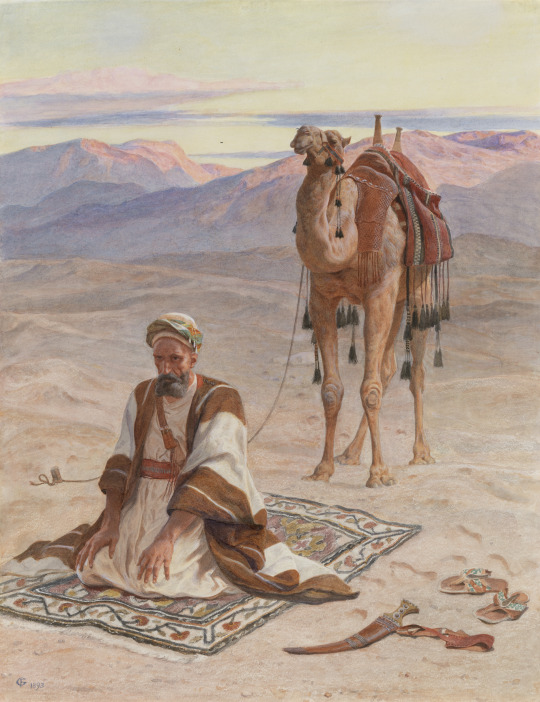
Evening Prayers in the Desert, Frederick Goodall (1822-1904)
#art#art history#Frederick Goodall#genre painting#Islam#Orientalism#Orientalist art#desert#desert scene#British art#English art#19th century art#Victorian period#Victorian art#oil on canvas#National Gallery of Ireland
633 notes
·
View notes
Text
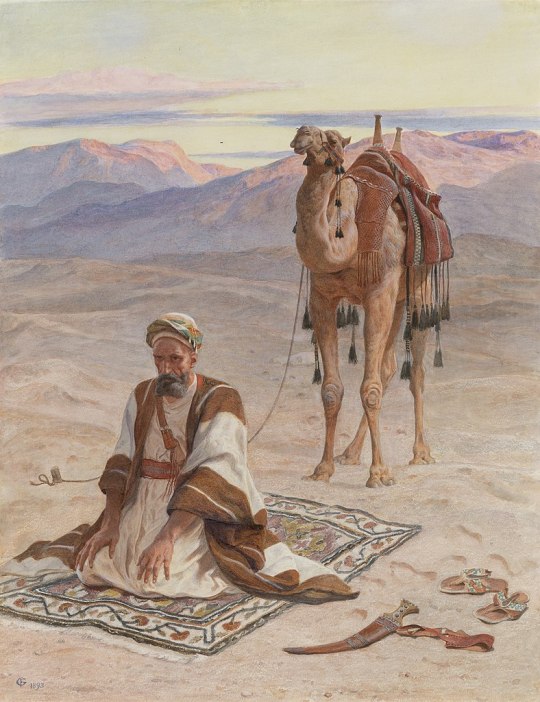
Evening Prayers in the Desert by Frederick Goodall, 1893.
#classic art#painting#watercolor#frederick goodall#english artist#19th century#orientalism#genre art#man#praying#camel#desert#mountains#background landscape#brown
144 notes
·
View notes
Text

Frederick Goodall
43 notes
·
View notes
Text

Rachel
Artist: Frederick Goodall (English, 1822-1904)
Date: 1867
Medium: Oil on canvas
Collection: National Gallery of Victoria, Melbourne, Australia
Rachel
Rachel is a major character in the early Old Testament; she was a daughter of Laban, sister of Leah, favored wife of Jacob, and mother of two of Jacob’s children.
Rachel lived in Harran, or Paddan Aram, and that’s where she met her cousin Jacob. Jacob was fleeing for his life after tricking his brother, Esau, out of his birthright (Genesis 27:1–29). At his mother’s behest, Jacob headed for his uncle Laban in Paddan Aram.
Once Jacob reached Harran, he met some shepherds watering their sheep at a well. When he inquired after Laban, the men replied, “Here comes his daughter Rachel with the sheep” (Genesis 29:6). Jacob rolled the stone from the well and watered Laban’s sheep for Rachel. He introduced himself as Laban’s nephew, and Rachel ran to tell her father of Jacob’s arrival. Laban was overjoyed to see Jacob and invited him to live with his family.
#rachel#christianity#christian art#desert#old testament character#water well#pitcher#shadows#steps#town#harram#female figure#costume#book of genesis#oil on canvas#artwork#fine art#oil painting#english culture#english art#frederick goodall#english painter#european art#19th century painting#national gallery of victoria
27 notes
·
View notes
Photo







In that time Moses was born, and he was beautiful to God: By faith Moses, when he had grown up, refused to be called the son of Pharaoh’s daughter, choosing rather to endure ill-treatment with the people of God than to enjoy the temporary pleasures of sin…
“Now these are the names of Israel’s sons who came into Egypt with Jacob; each man and his household came: Reuʹben, Sim’e·on, Le’vi and Judah, Is’sa·char, Zeb’u·lun and Benjamin, Dan and Naph’ta·li, Gad and Ash’er. And all the souls who issued out of Jacob’s upper thigh came to be seventy souls, but Joseph was already in Egypt. Eventually Joseph died, and also all his brothers and all that generation. And the sons of Israel became fruitful and began to swarm; and they kept on multiplying and growing mightier at a very extraordinary rate, so that the land got to be filled with them.
In time there arose over Egypt a new king who did not know Joseph. And he proceeded to say to his people: “Look! The people of the sons of Israel are more numerous and mightier than we are. Come on! Let us deal shrewdly with them, for fear they may multiply, and it must turn out that, in case war should befall us, then they certainly will also be added to those who hate us and will fight against us and go up out of the country.”
So they set over them chiefs of forced labor for the purpose of oppressing them in their burden-bearing; and they went building cities as storage places for Phar’aoh, namely, Pi’thom and Ra·am’ses. But the more they would oppress them, the more they would multiply and the more they kept spreading abroad, so that they felt a sickening dread as a result of the sons of Israel. Consequently the Egyptians made the sons of Israel slave under tyranny. And they kept making their life bitter with hard slavery at clay mortar and bricks and with every form of slavery in the field, yes, every form of slavery of theirs in which they used them as slaves under tyranny.
Later on the king of Egypt said to the Hebrew midwives, the name of one of whom was Shiph’rah and the name of the other Pu’ah, yes, he went so far as to say: “When YOU help the Hebrew women to give birth and YOU do see them on the stool for childbirth, if it is a son, YOU must also put it to death; but if it is a daughter, it must also live.” However, the midwives feared the [true] God, and they did not do as the king of Egypt had spoken to them, but they would preserve the male children alive. In time the king of Egypt called the midwives and said to them: “Why is it YOU have done this thing, in that YOU preserved the male children alive?” In turn the midwives said to Phar’aoh: “Because the Hebrew women are not like the Egyptian women. Because they are lively, they have already given birth before the midwife can come in to them.” So God dealt well with the midwives; and the people kept growing more numerous and becoming very mighty. And it came about that because the midwives had feared the [true] God he later presented them with families. Finally Phar’aoh commanded all his people, saying: “Every newborn son YOU are to throw into the river Nile, but every daughter YOU are to preserve alive.”
Meantime, a certain man of the house of Le’vi went ahead and took a daughter of Le’vi. And the woman became pregnant and brought a son to birth. When she saw how good-looking he was, she kept him concealed for three lunar months. When she was no longer able to conceal him, she then took for him an ark of papyrus and coated it with bitumen and pitch and put the child in it and put it among the reeds by the bank of the river Nile. Further, his sister stationed herself at a distance to find out what would be done with him.
After a while Phar’aoh’s daughter came down to bathe in the Nile River, and her female attendants were walking by the side of the Nile River. And she caught sight of the ark in the middle of the reeds. Immediately she sent her slave girl that she might get it. When she opened it she got to see the child, and here the boy was weeping. At that she felt compassion for him, although she said: “This is one of the children of the Hebrews.” Then his sister said to Pharʹaoh’s daughter: “Shall I go and specially call for you a nursing woman from the Hebrew women that she may nurse the child for you?” So Phar’aoh’s daughter said to her: “Go!” At once the maiden went and called the child’s mother. Phar’aoh’s daughter then said to her: “Take this child with you and nurse him for me, and I myself shall give you your wages.” Accordingly the woman took the child and nursed him. And the child grew up. Then she brought him to Phar’aoh’s daughter, so that he became a son to her; and she proceeded to call his name Moses and to say: “It is because I have drawn him out of the water.”
Now it came about in those days, as Moses was becoming strong, that he went out to his brothers that he might look at the burdens they were bearing; and he caught sight of a certain Egyptian striking a certain Hebrew of his brothers. So he turned this way and that and saw there was nobody in sight. Then he struck the Egyptian down and hid him in the sand.
However, he went out on the following day and here there were two Hebrew men struggling with each other. So he said to the one in the wrong: “Why should you strike your companion?” At this he said: “Who appointed you as a prince and judge over us? Are you intending to kill me just as you killed the Egyptian?” Moses now got afraid and said: “Surely the thing has become known!”
Subsequently Phar’aoh got to hear of this thing, and he attempted to kill Moses; but Moses ran away from Phar’aoh that he might dwell in the land of Mid’i·an; and he took a seat by a well. Now the priest of Mid’i·an had seven daughters, and as usual they came and drew water and filled the gutters to water their father’s flock. And as usual the shepherds came and drove them away. At this Moses got up and helped the women out and watered their flock. So when they came home to Reu’el their father he exclaimed: “How is it YOU have come home so quickly today?” To this they said: “A certain Egyptian delivered us out of the hand of the shepherds and, besides, he actually drew water for us that he might water the flock.” Then he said to his daughters: “But where is he? Why is it that YOU have left the man behind? Call him, that he may eat bread.” After that Moses showed willingness to dwell with the man, and he gave Zip·po’rah his daughter to Moses. Later she bore a son and he called his name Ger’shom, because, he said: “An alien resident I have come to be in a foreign land.”
And it came about during those many days that the king of Egypt finally died, but the sons of Israel continued to sigh because of the slavery and to cry out in complaint, and their cry for help kept going up to the [true] God because of the slavery. In time God heard their groaning and God remembered his covenant with Abraham, Isaac and Jacob. So God looked on the sons of Israel and God took notice.
And Moses became a shepherd of the flock of Jeth’ro, the priest of Mid’i·an, whose son-in-law he was. While he was driving the flock to the west side of the wilderness, he came at length to the mountain of the [true] God, to Ho’reb. Then Jehovah’s angel appeared to him in a flame of fire in the midst of a thornbush. As he kept looking, why, here the thornbush was burning with the fire and yet the thornbush was not consumed. At this Moses said: “Let me just turn aside that I may inspect this great phenomenon, as to why the thornbush is not burnt up.” When Jehovah saw that he turned aside to inspect, God at once called to him out of the midst of the thornbush and said: “Moses! Moses!” to which he said: “Here I am.” Then he said: “Do not come near here. Draw your sandals from off your feet, because the place where you are standing is holy ground.”
And he went on to say: “I am the God of your father, the God of Abraham, the God of Isaac and the God of Jacob.” Then Moses concealed his face, because he was afraid to look at the [true] God. And Jehovah added: “Unquestionably I have seen the affliction of my people who are in Egypt, and I have heard their outcry as a result of those who drive them to work; because I well know the pains they suffer. And I am proceeding to go down to deliver them out of the hand of the Egyptians and to bring them up out of that land to a land good and spacious, to a land flowing with milk and honey, to the locality of the Ca’naan·ites and the Hit’tites and the Am’or·ites and the Per’iz·zites and the Hi’vites and the Jeb’u·sites. And now, look! the outcry of the sons of Israel has come to me, and I have seen also the oppression with which the Egyptians are oppressing them. And now come and let me send you to Phar’aoh, and you bring my people the sons of Israel out of Egypt.”
However, Moses said to the [true] God: “Who am I that I should go to Phar’aoh and that I have to bring the sons of Israel out of Egypt?” To this he said: “Because I shall prove to be with you, and this is the sign for you that it is I who have sent you: After you have brought the people out of Egypt, YOU people will serve the [true] God on this mountain.”
Nevertheless, Moses said to the [true] God: “Suppose I am now come to the sons of Israel and I do say to them, ‘The God of YOUR forefathers has sent me to YOU,’ and they do say to me, ‘What is his name?’ What shall I say to them?” At this God said to Moses: “I SHALL PROVE TO BE WHAT I SHALL PROVE TO BE.” And he added: “This is what you are to say to the sons of Israel, ‘I SHALL PROVE TO BE has sent me to YOU.’” Then God said once more to Moses:
“This is what you are to say to the sons of Israel, ‘Jehovah the God of YOUR forefathers, the God of Abraham, the God of Isaac and the God of Jacob, has sent me to YOU.’ This is my name to time indefinite, and this is the memorial of me to generation after generation. You go, and you must gather the older men of Israel, and you must say to them, ‘Jehovah the God of YOUR forefathers has appeared to me, the God of Abraham, Isaac and Jacob, saying: “I will without fail give attention to YOU and to what is being done to YOU in Egypt. And so I say, I shall bring YOU up out of affliction by the Egyptians to the land of the Ca’naan·ites and the Hit’tites and the Am’or·ites and the Per’iz·zites and the Hi’vites and the Jeb’u·sites, to a land flowing with milk and honey.”’
“And they will certainly listen to your voice, and you must come, you and the older men of Israel, to the king of Egypt, and YOU men must say to him, ‘Jehovah the God of the Hebrews has come in touch with us, and now we want to go, please, a journey of three days into the wilderness, and we want to sacrifice to Jehovah our God.’ And I, even I, well know that the king of Egypt will not give YOU permission to go except by a strong hand. And I shall have to stretch out my hand and strike Egypt with all my wonderful acts that I shall do in the midst of it; and after that he will send YOU out. And I will give this people favor in the eyes of the Egyptians; and it will certainly occur that when YOU go, YOU will not go empty-handed. And each woman must ask from her neighbor and from the woman residing as an alien in her house articles of silver and articles of gold and mantles, and YOU must put them upon YOUR sons and YOUR daughters; and YOU must strip the Egyptians.”
However, Moses in answering said: “But suppose they do not believe me and do not listen to my voice, because they are going to say, ‘Jehovah did not appear to you.’” Then Jehovah said to him: “What is that in your hand?” to which he said: “A rod.” Next he said: “Throw it on the earth.” So he threw it on the earth, and it became a serpent; and Moses began to flee from it. Jehovah now said to Moses: “Thrust your hand out and grab hold of it by the tail.” So he thrust his hand out and grabbed hold of it, and it became a rod in his palm. “In order that,” to quote him, “they may believe that Jehovah the God of their forefathers, the God of Abraham, the God of Isaac and the God of Jacob, has appeared to you.”
Then Jehovah said to him once more: “Stick your hand, please, into the upper fold of your garment.” So he stuck his hand into the upper fold of his garment. When he drew it out, why, here his hand was stricken with leprosy like snow! After that he said: “Return your hand into the upper fold of your garment.” So he returned his hand into the upper fold of his garment. When he drew it out of the upper fold of his garment, why, here it was restored like the rest of his flesh! “And it must occur that,” to quote him, “if they will not believe you and will not listen to the voice of the first sign, then they will certainly believe the voice of the later sign. Still, it must occur that, if they will not believe even these two signs and will not listen to your voice, then you will have to take some water from the Nile River and pour it out on the dry land; and the water that you will take from the Nile River will certainly become, yes, it will indeed become blood on the dry land.”
Moses now said to Jehovah: “Excuse me, Jehovah, but I am not a fluent speaker, neither since yesterday nor since before that nor since your speaking to your servant, for I am slow of mouth and slow of tongue.” At that Jehovah said to him: “Who appointed a mouth for man or who appoints the speechless or the deaf or the clear-sighted or the blind? Is it not I, Jehovah? So now go, and I myself shall prove to be with your mouth and I will teach you what you ought to say.” But he said: “Excuse me, Jehovah, but send, please, by the hand of the one whom you are going to send.” Then Jehovah’s anger grew hot against Moses and he said: “Is not Aaron the Levite your brother? I do know that he can really speak. And, besides, here he is on his way out to meet you. When he does see you, he will certainly rejoice in his heart. And you must speak to him and put the words in his mouth; and I myself shall prove to be with your mouth and his mouth, and I will teach YOU men what YOU are to do. And he must speak for you to the people; and it must occur that he will serve as a mouth to you, and you will serve as God to him. And this rod you will take in your hand that you may perform the signs with it.”
Accordingly Moses went and returned to Jeth’ro his father-in-law and said to him: “I want to go, please, and return to my brothers who are in Egypt that I may see whether they are still alive.” So Jeth’ro said to Moses: “Go in peace.” After that Jehovah said to Moses in Mid’i·an: “Go, return to Egypt, because all the men who were hunting for your soul are dead.”
Then Moses took his wife and his sons and made them ride on an ass, and he proceeded to return to the land of Egypt. Moreover, Moses took the rod of the [true] God in his hand. And Jehovah went on to say to Moses: “After you have gone and returned to Egypt see that YOU men actually perform all the miracles that I have put in your hand before Phar’aoh. As for me, I shall let his heart become obstinate; and he will not send the people away. And you must say to Phar’aoh, ‘This is what Jehovah has said: “Israel is my son, my firstborn. And I say to you: Send my son away that he may serve me. But should you refuse to send him away, here I am killing your son, your firstborn.”’”
Now it came about on the road at the lodging place that Jehovah got to meet him and kept looking for a way to put him to death. Finally Zip·po’rah took a flint and cut off her son’s foreskin and caused it to touch his feet and said: “It is because you are a bridegroom of blood to me.” Consequently he let go of him. At that time she said: “A bridegroom of blood,” because of the circumcision.
Then Jehovah said to Aaron: “Go to meet Moses into the wilderness.” With that he went and met him in the mountain of the [true] God and kissed him. And Moses proceeded to tell Aaron all the words of Jehovah, who had sent him, and all the signs that he had commanded him to do. After that Moses and Aaron went and gathered all the older men of the sons of Israel. Then Aaron spoke all the words that Jehovah had spoken to Moses, and he performed the signs under the eyes of the people. At this the people believed. When they heard that Jehovah had turned his attention to the sons of Israel and that he had seen their affliction, then they bowed down and prostrated themselves.
And afterward Moses and Aaron went in and proceeded to say to Phar’aoh: “This is what Jehovah the God of Israel has said, ‘Send my people away that they may celebrate a festival to me in the wilderness.’” But Phar’aoh said: “Who is Jehovah, so that I should obey his voice to send Israel away? I do not know Jehovah at all and, what is more, I am not going to send Israel away.” However, they went on to say: “The God of the Hebrews has come in touch with us. We want to go, please, a journey of three days into the wilderness and sacrifice to Jehovah our God; otherwise he may strike at us with pestilence or with sword.” At this the king of Egypt said to them: “Why is it, Moses and Aaron, that YOU cause the people to leave off from their works? Go bearing YOUR burdens!” And Phar’aoh continued: “Look! The people of the land are now many, and YOU indeed make them desist from their bearing of burdens.”
Immediately on that day Phar’aoh commanded those who drove the people to work and their officers, saying: “YOU must not gather straw to give to the people to make bricks as formerly. Let them themselves go and gather straw for themselves. Moreover, the required amount of bricks that they were making formerly, YOU will further impose upon them. YOU must not make any reduction for them, because they are relaxing. That is why they are crying out, saying, ‘We want to go, we want to sacrifice to our God!’ Let the service be heavy upon the men and let them work at it, and let them not pay attention to false words.”
So those who drove the people to work and their officers went out and said to the people: “Here is what Phar’aoh has said, ‘I am giving YOU no more straw. YOU yourselves go, get straw for yourselves wherever YOU may find it, because there is to be no reducing of YOUR services one bit.’” Consequently the people scattered about over all the land of Egypt to gather stubble for straw. And those who drove them to work kept urging them, saying: “Finish YOUR works, each one his work, day for day, just as when straw was available.” Later on the officers of the sons of Israel, whom Phar’aoh’s taskmasters had set over them, were beaten, these saying: “Why is it YOU did not finish YOUR prescribed task in making bricks as formerly, both yesterday and today?”
Consequently the officers of the sons of Israel went in and began to cry out to Phar’aoh, saying: “Why do you deal this way with your servants? There is no straw given to your servants and yet they are saying to us, ‘Make bricks!’ and here your servants are beaten, whereas your own people are at fault.” But he said: “YOU are relaxing, YOU are relaxing! That is why YOU are saying, ‘We want to go, we want to sacrifice to Jehovah.’ And now go, serve! Though no straw will be given to YOU, yet YOU are to give the fixed amount of bricks.” Then the officers of the sons of Israel saw themselves in an evil plight at the saying: “YOU must not deduct from YOUR bricks one bit of anyone’s daily rate.” After that they encountered Moses and Aaron, who were standing there to meet them as they came out from Pharʹaoh. At once they said to them: “May Jehovah look upon YOU and judge, since YOU have made us smell offensive before Phar’aoh and before his servants so as to put a sword in their hand to kill us.” Then Moses turned to Jehovah and said: “Jehovah, why have you caused evil to this people? Why is it that you have sent me? For from the time that I went in before Phar’aoh to speak in your name, he has done evil to this people, and you have by no means delivered your people.”
So Jehovah said to Moses: “Now you will see what I shall do to Phar’aoh, because on account of a strong hand he will send them away and on account of a strong hand he will drive them out of his land.”
And God went on to speak to Moses and to say to him: “I am Jehovah. And I used to appear to Abraham, Isaac and Jacob as God Almighty, but as respects my name Jehovah I did not make myself known to them. And I also established my covenant with them to give them the land of Ca’naan, the land of their alien residences in which they resided as aliens. And I, even I, have heard the groaning of the sons of Israel, whom the Egyptians are enslaving, and I remember my covenant.
“Therefore say to the sons of Israel, ‘I am Jehovah, and I shall certainly bring YOU out from under the burdens of the Egyptians and deliver YOU from their slavery, and I shall indeed reclaim YOU with an outstretched arm and with great judgments. And I shall certainly take YOU to me as a people, and I shall indeed prove to be God to YOU; and YOU will certainly know that I am Jehovah YOUR God who is bringing YOU out from under the burdens of Egypt. And I shall certainly bring YOU into the land that I raised my hand in oath to give to Abraham, Isaac and Jacob; and I shall indeed give it to YOU as something to possess. I am Jehovah.’”
Afterward Moses spoke to this effect to the sons of Israel, but they did not listen to Moses out of discouragement and for the hard slavery.
Then Jehovah spoke to Moses, saying: “Go in, speak to Phar’aoh, Egypt’s king, that he should send the sons of Israel away out of his land.” However, Moses spoke before Jehovah, saying: “Look! The sons of Israel have not listened to me; and how will Phar’aoh ever listen to me, as I am uncircumcised in lips?” But Jehovah continued to speak to Moses and Aaron and to issue the command by them to the sons of Israel and to Phar’aoh, Egypt’s king, in order to bring the sons of Israel out from the land of Egypt.
These are the heads of the house of their fathers: The sons of Reu’ben, Israel’s firstborn, were Ha’noch and Pal’lu, Hez’ron and Car’mi. These are the families of Reu’ben.
And the sons of Sim’e·on were Jem·u’el and Ja’min and O’had and Ja’chin and Zo’har and Sha’ul the son of a Ca’naan·ite woman. These are the families of Sim’e·on.
And these are the names of the sons of Le’vi, according to their family descents: Ger’shon and Ko’hath and Me·rar’i. And the years of Le’vi’s life were a hundred and thirty-seven years.
The sons of Ger’shon were Lib’ni and Shim’e·i, according to their families.
And the sons of Ko’hath were Am’ram and Iz’har and He’bron and Uz’zi·el. And the years of Ko’hath’s life were a hundred and thirty-three years.
And the sons of Me·rar’i were Mah’li and Mu’shi. These were the families of the Levites, according to their family descents.
Now Am’ram took Joch’e·bed his father’s sister as his wife. Later she bore him Aaron and Moses. And the years of Am’ram’s life were a hundred and thirty-seven years.
And the sons of Iz’har were Ko’rah’and Ne’pheg and Zich’ri.
And the sons of Uz’zi·el were Mish’a·el and El·za’phan and Sith’ri.
Now Aaron took E·li’she·ba, Am·min’a·dab’s daughter, the sister of Nah’shon, as his wife. Later she bore him Na’dab and A·bi’hu, El·e·a’zar and Ith’a·mar.
And the sons of Ko’rah were As’sir and El·ka’nah and A·bi’a·saph. These were the families of the Ko’rah·ites.
And El·e·a’zar, Aaron’s son, took for himself one of the daughters of Pu’ti·el as his wife. Later she bore him Phin’e·has. These are the heads of the fathers of the Levites, according to their families.
This is the Aaron and Moses to whom Jehovah said: “BRING the sons of Israel out from the land of Egypt according to their armies.”
They were the ones speaking to Phar’aoh, Egypt’s king, to bring the sons of Israel out from Egypt. This is the Moses and Aaron.
And it came about on the day that Jehovah spoke to Moses in the land of Egypt, that Jehovah went on to speak to Moses, saying: “I am Jehovah. Speak to Phar’aoh king of Egypt everything I am speaking to you.”
Then Moses said before Jehovah: “Look! I am uncircumcised in lips, so how will Phar’aoh ever listen to me?”
Exodus 1-6, NWT
Surging Waters: I Shall Have To Stretch Out My Hand And Strike Egypt With All My Wonderful Acts
#Jehovah#God#Bible#Scripture#Exodus#Prophecy#Moses#Aaron#Miriam#Egypt#Nile#Pharoah#Joseph#Abraham#Isaac#Jacob#10 plagues#12 tribes of Israel#Israel#Midian#Zipporah#Art#Artists on Tumblr#Fine Art#Religious Art#Pietro Paoletti#Frederick Goodall#Eugene Roger#Sebastien Bourdon#Victor Orsel
4 notes
·
View notes
Photo

Figures and camels at an oasis by Frederick Goodall
2 notes
·
View notes
Text
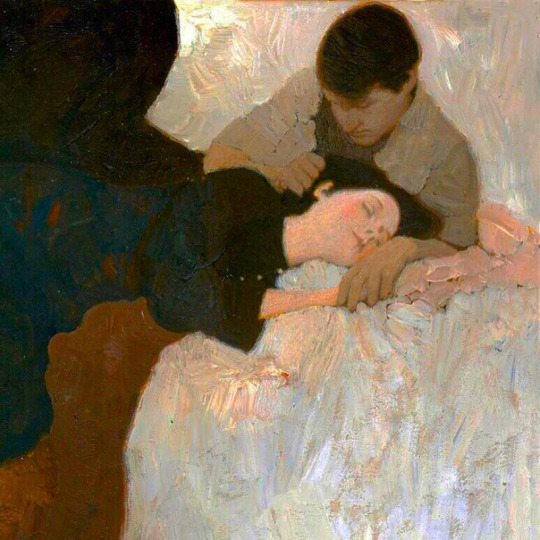
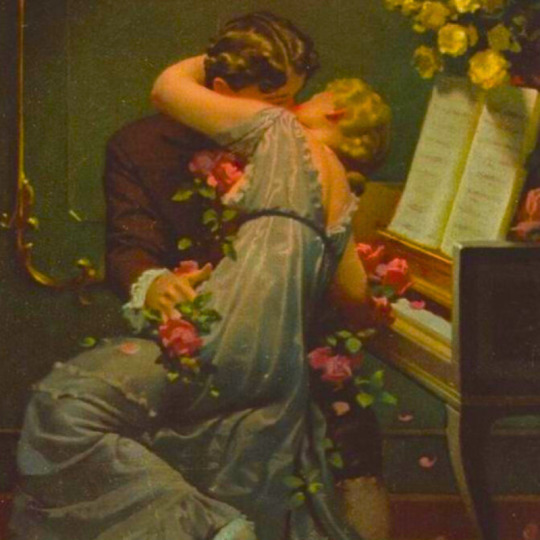
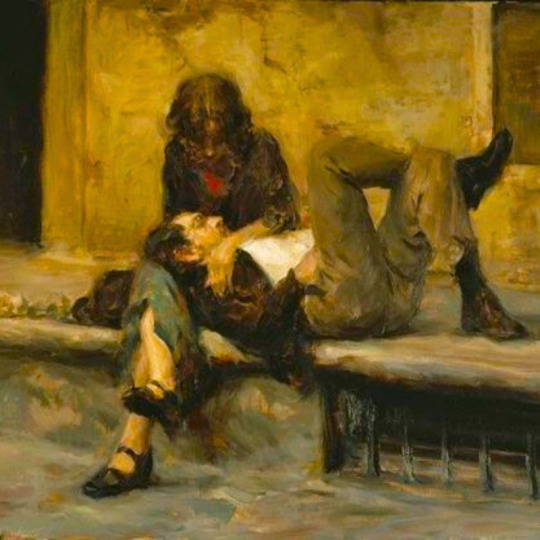


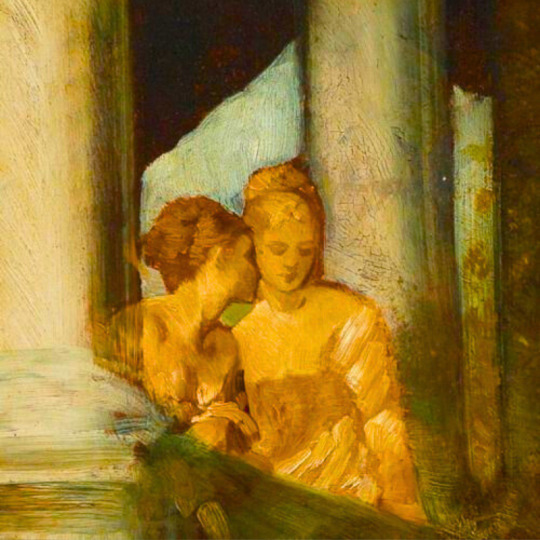

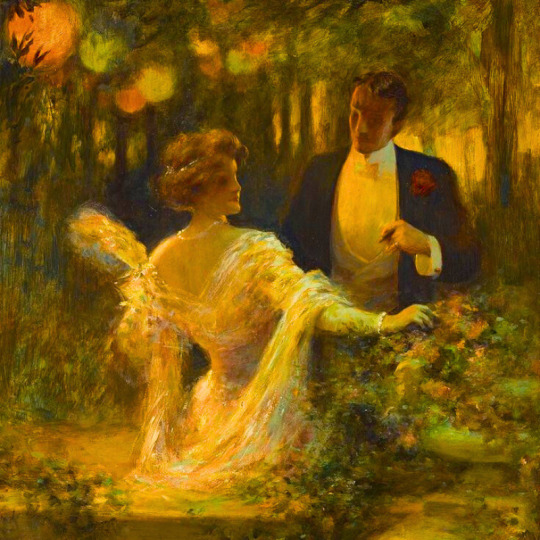

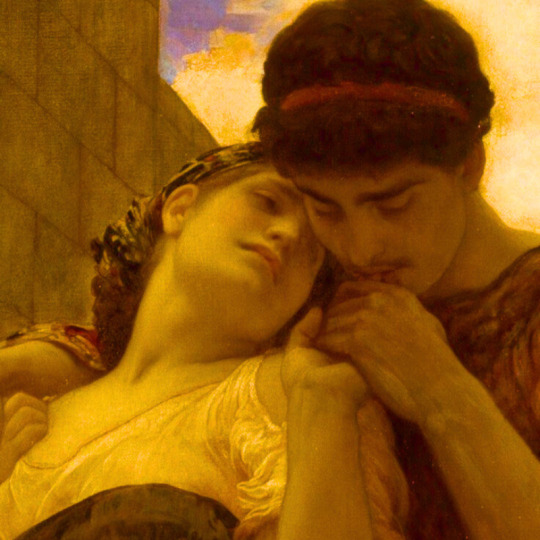

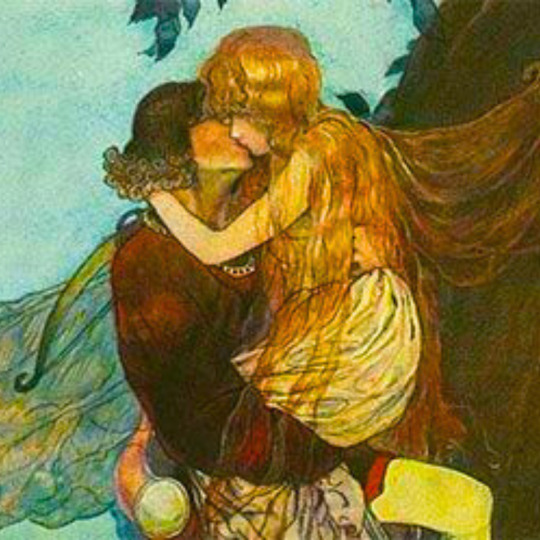

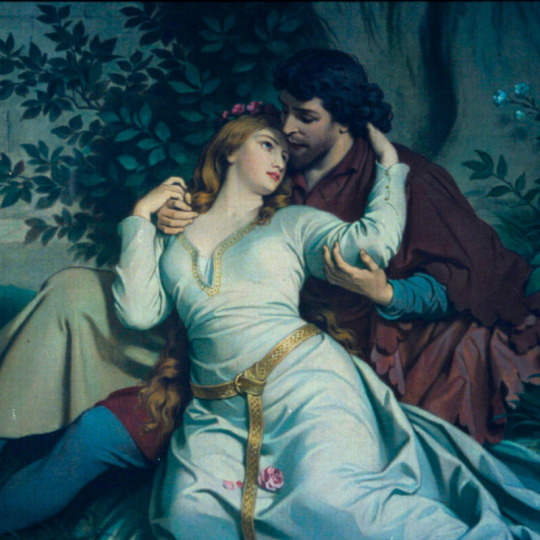


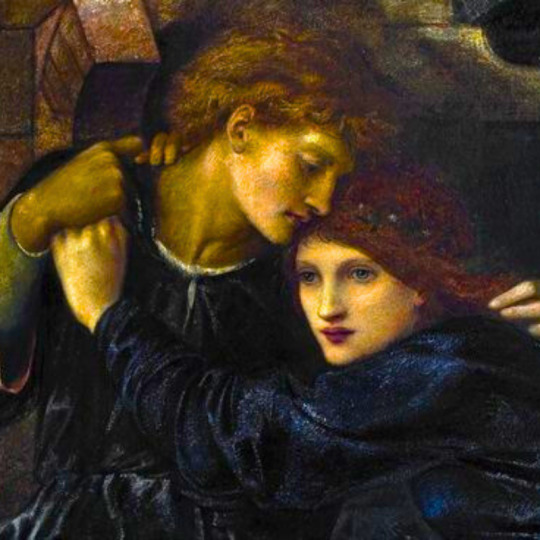
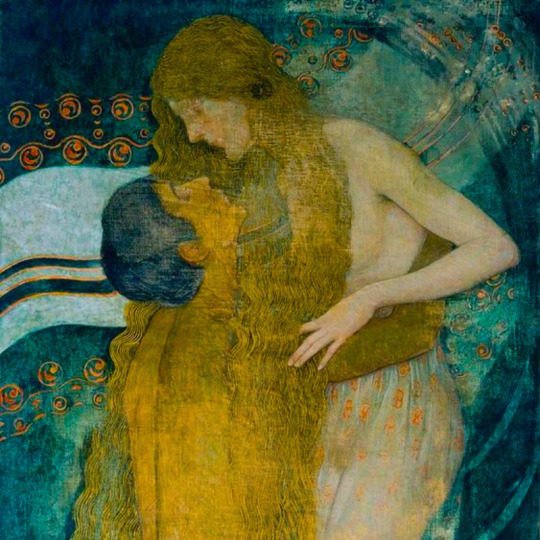
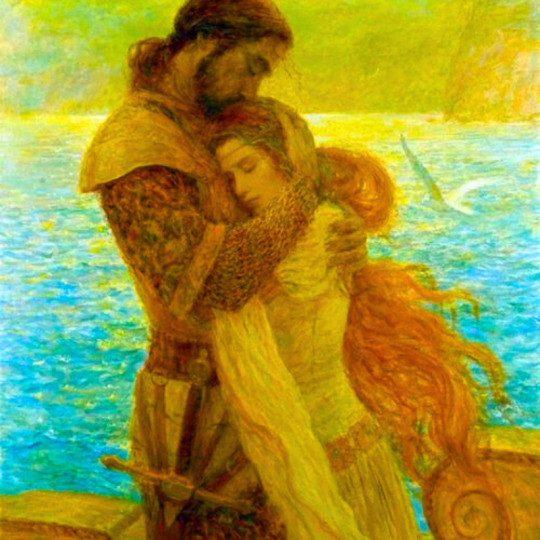
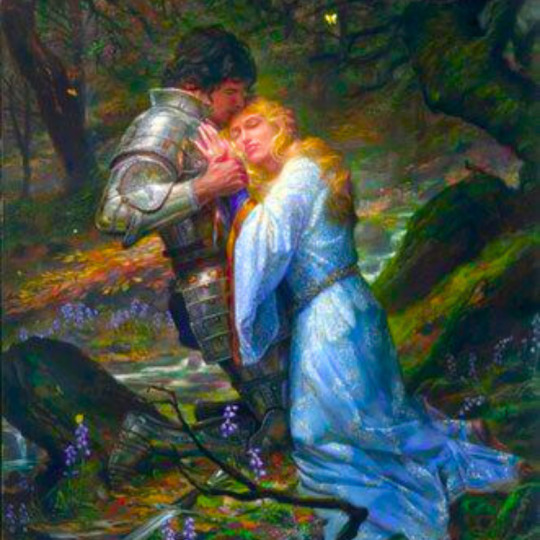
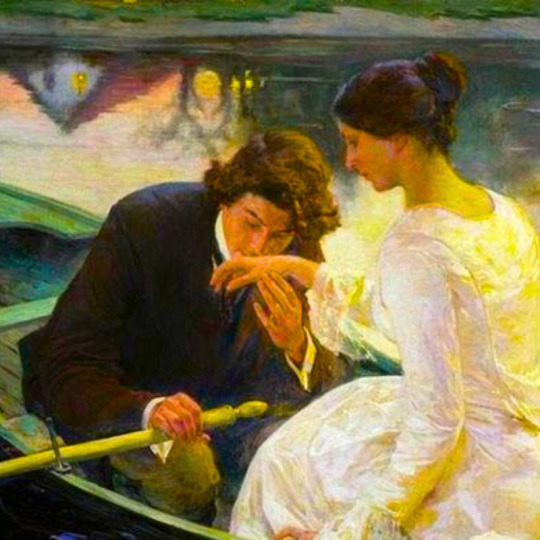
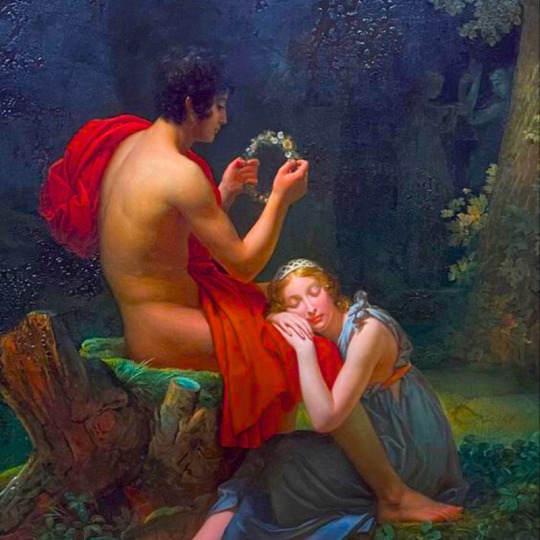

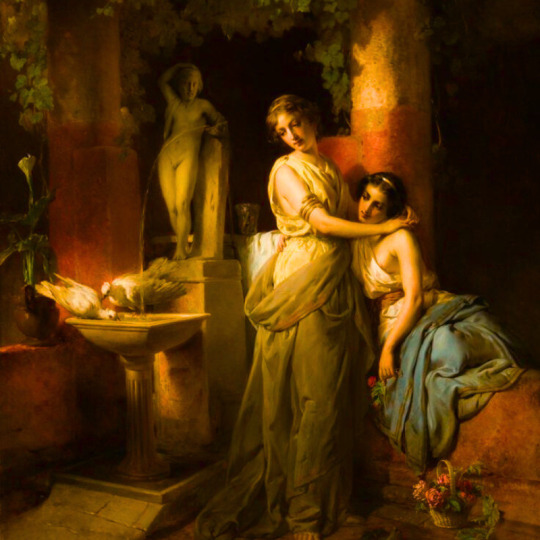


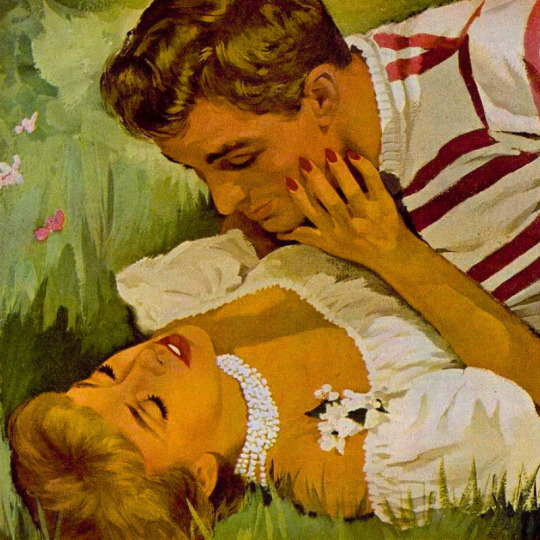
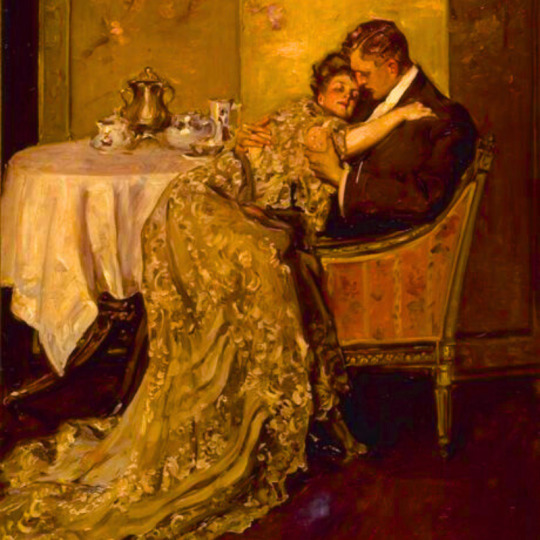
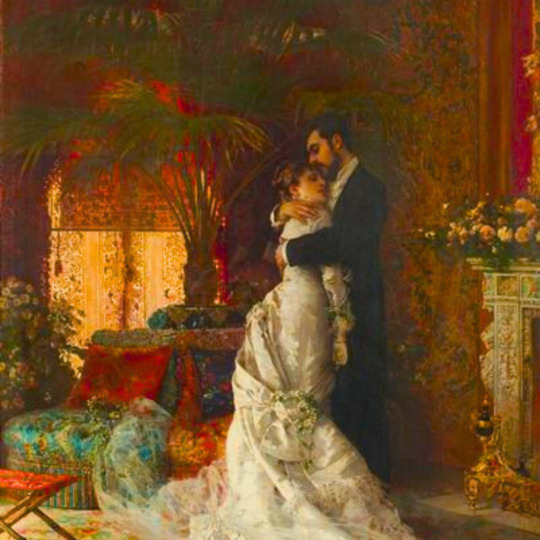
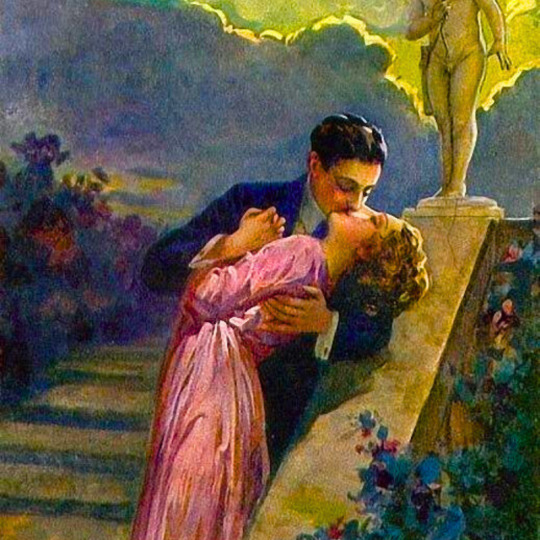
tender love + art
#painting is by mark english dont know the title#couple kissing at piano bench but cant find the artist#i think the artist is ron hicks but i cant find anything to confirm that#no title but by joseph lorusso#no title but by andy virgil#hans markart “musikalische unterhaltung”#love under the desert sky by unknown artist#at the verbena by cecilio pla#the art of love by ron hicks#wedded by frederic leighton#tristan and iseult by gaston bussiere#tinkerbell by gustaf tenggren#romeo and juliet by gaston bussiere#tristan and iseult by unknown artist#dont know the title but its by frederick goodall#dont know title but its by hubert-denis etcheverry#love amongst the ruins by edward burne-jones#umarmung by wilhelm list#tristan and isolde by marc fishman#lancelot and guinevere by donato giancola#romance painting by franz paul maria guillery#cupid and psycho by baron francois gerard#the new bracelet by henryk siemiradzki#idyll in pompeii by jozsef molnar#bridal love by tom lovell#dont know the title but its by howard forsberg#april wedding by harry fredman#marriage proposal by albert wenzell#dont know title but its by edoardo tofano#i cant find title nor artist
978 notes
·
View notes
Text
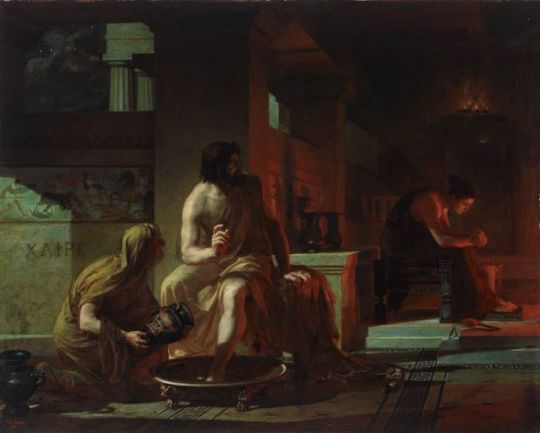
The Return of Ulysses
Artist: Frederick Trevelyan Goodall (English, 1848-1871)
Date: 1869
Medium: Oil on canvas
Collection: Art Gallery of New South Wales, Sydney, Australia
Description
The Return of Ulysses is the story of Odysseus's return home from the Trojan War in Homer's Odyssey. The story is about Odysseus' struggles to return home, his reunion with his family, and his revenge against his wife's suitors
#painting#mythology#ulysses#interior scene#greek mythology#roman mythology#odysseus#homer's odyssey#epic poem#the odyssey#literature#oil on canvas#fine art#literary characters#oil painting#english culture#frederick travelyan goodall#english painter#art gallery of new south wales#european art#artwork#19th century painting
42 notes
·
View notes
Text

The Palm Offering, 1875, Frederick Goodall
33 notes
·
View notes
Text

Mrs. Charles Kettlewell by Frederick Goodall, 1890.
#classic art#painting#frederick goodall#english artist#19th century#portrait#female portrait#outdoor portrait#yellow dress
55 notes
·
View notes
Text
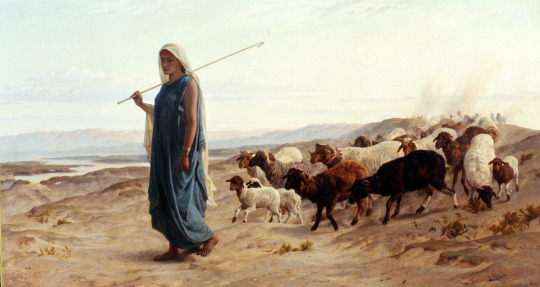
Frederick Goodall RA (British, 1822-1904) Rachel and her flock, 'And behold, Rachel his daughter cometh with the sheep', ca.1874–75
#christian art#christianity#christentum#western civilization#british art#british#britain#art#fine art#european art#classical art#europe#european#fine arts#oil painting#europa#mediterranean#rachel and her flock#1874#1875#1800s#shepherdess#book of genesis#jewish#advent
130 notes
·
View notes
Text

An Egyptian Flower Girl
Oil on Canvas
Frederick Goodall RA, (1822– 1904)
40 notes
·
View notes

